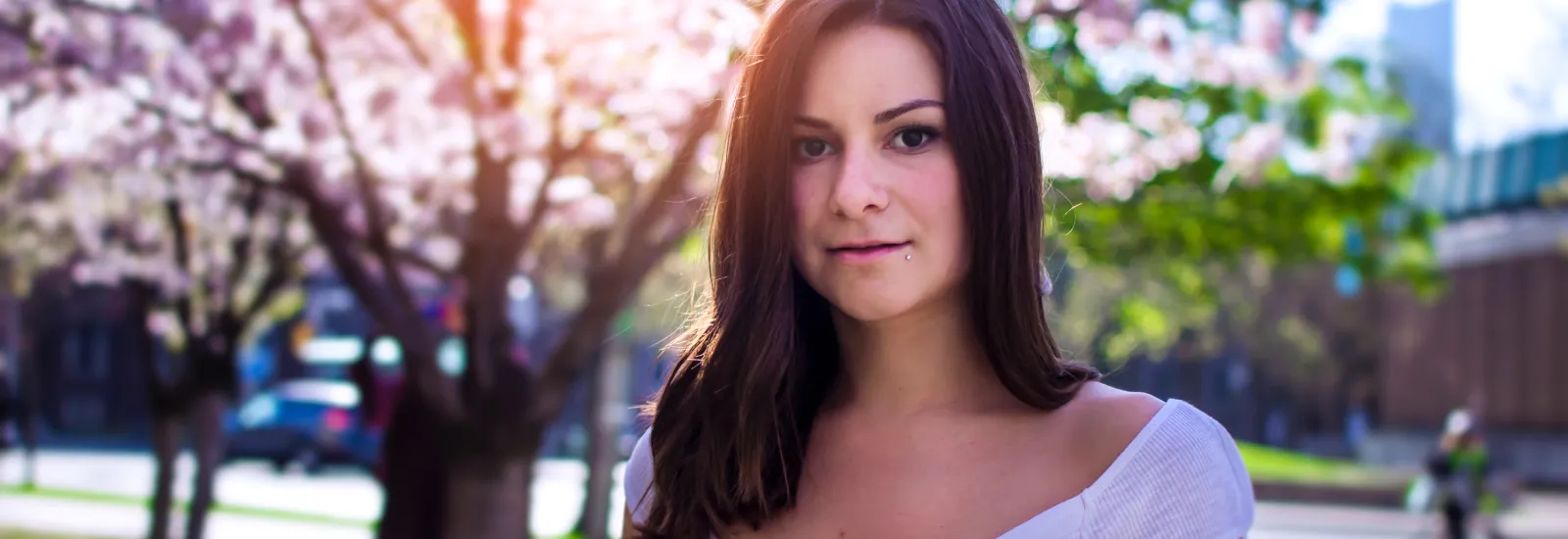
Breast cancer in young women
You may think of breast cancer as a disease that affects primarily older women. But one out of eight invasive breast cancers occurs in women under age 45. Being diagnosed with breast cancer at an early age comes with its own unique challenges and fears. Here are some things you should know about breast cancer in young women plus some steps you can take to protect your health.
Treatment for young women who are diagnosed
A young woman's chances of surviving an early breast cancer diagnosis are good when she seeks treatment. But breast cancers in women under 40 tend to grow faster and be more aggressive compared to breast cancers in older women.
Treatment options for breast cancer in young women depend largely on factors like cancer stage and tumor type rather than your age. However women who are diagnosed in their 20s, 30s, or early 40s might make different treatment choices than women who develop breast cancer later. To determine which treatment options are right for you talk with your doctor. Together you can weigh important decisions such as whether to conserve your breasts through a lumpectomy or have them removed via mastectomy.
You may also want to talk discuss how your treatment could impact your fertility. Both chemotherapy and tamoxifen can lead to irregular periods or cause you to go through menopause at an earlier age resulting in less time to plan your family. If you think that you may want to have children after treatment you can take steps to preserve your future fertility by freezing your eggs or freezing embryos.
Protecting your health
Typically mammograms and imaging tests aren't recommended until at least age 40. But if your doctor determines that you're at a higher risk for being diagnosed with breast cancer you may be advised to have earlier or more frequent screenings.
Even if you aren't at high risk for developing breast cancer the American Cancer Society states that all women in their 20s and 30s should have a breast exam performed by their doctor at least every three years. If you do need to schedule a mammogram you can contact the Reid Breast Center. You can also perform monthly self-checks at home to check for these unusual symptoms:
- A lump in your breast or near the underarm
- Unexplained changes in your breast's size or shape
- Nipple tenderness
- Swelling, shrinkage, or dimpling
- Skin that's scaly red, swollen, or pitted
- Milky discharge
If you notice any of these signs try not to worry unnecessarily but do let your doctor know right away. Most likely they aren't due to cancer. However it's important for any potential breast cancer symptom to be diagnosed and treated. Your health - and peace of mind - depend on it.
Schedule your mammogram today!

